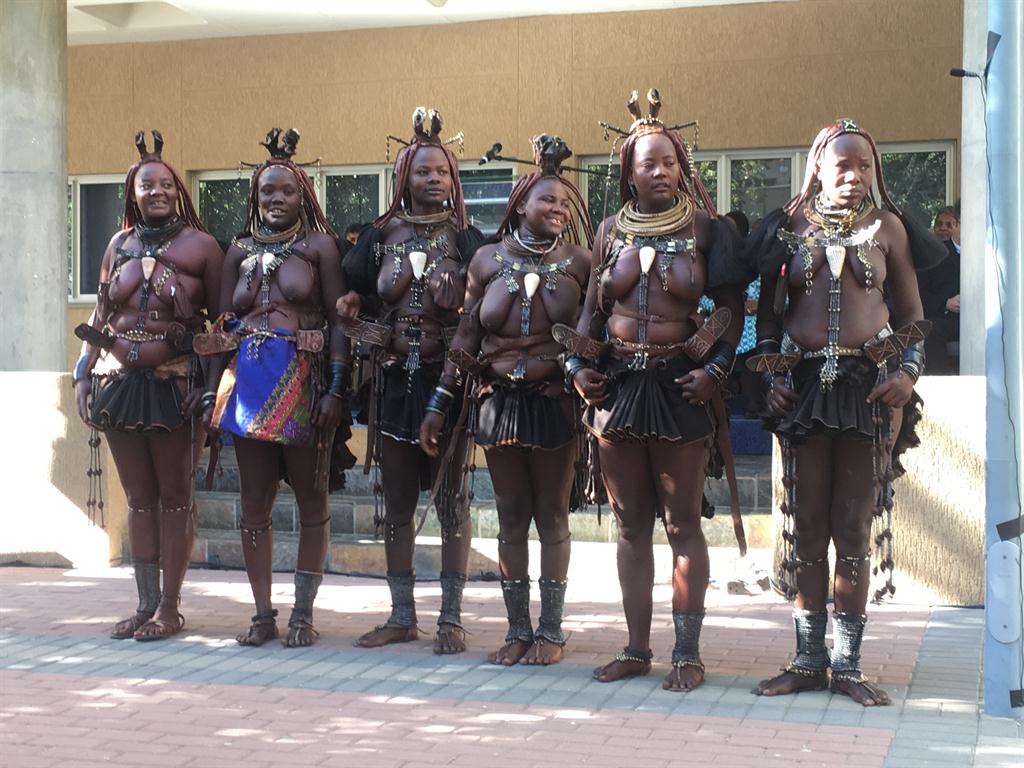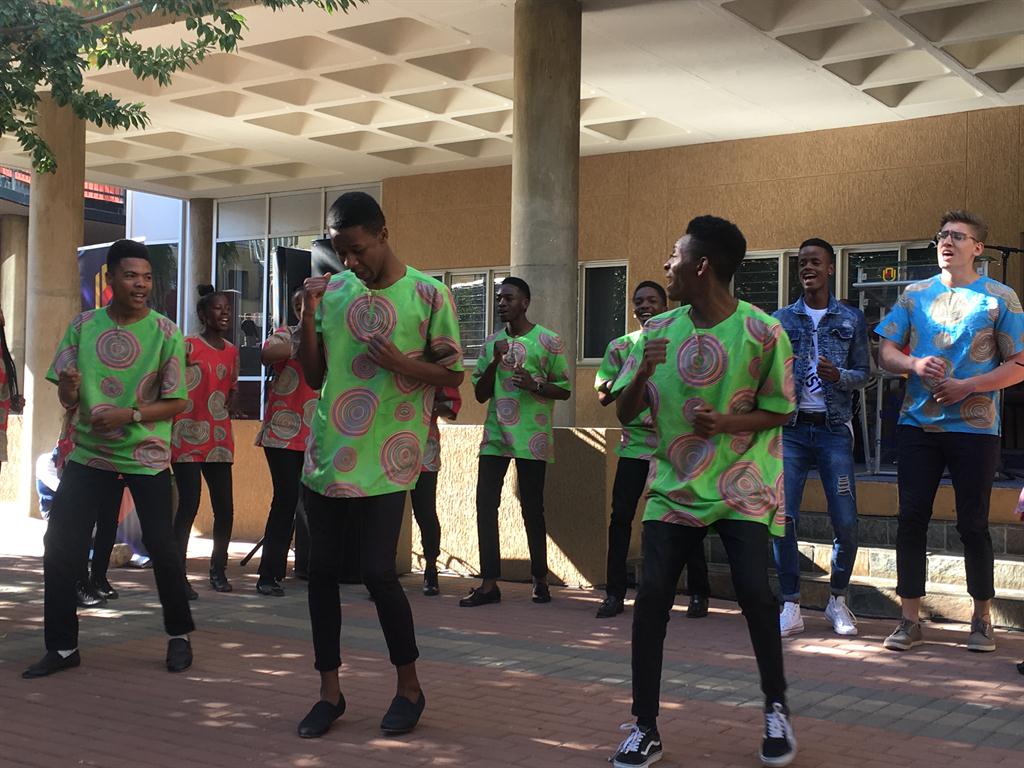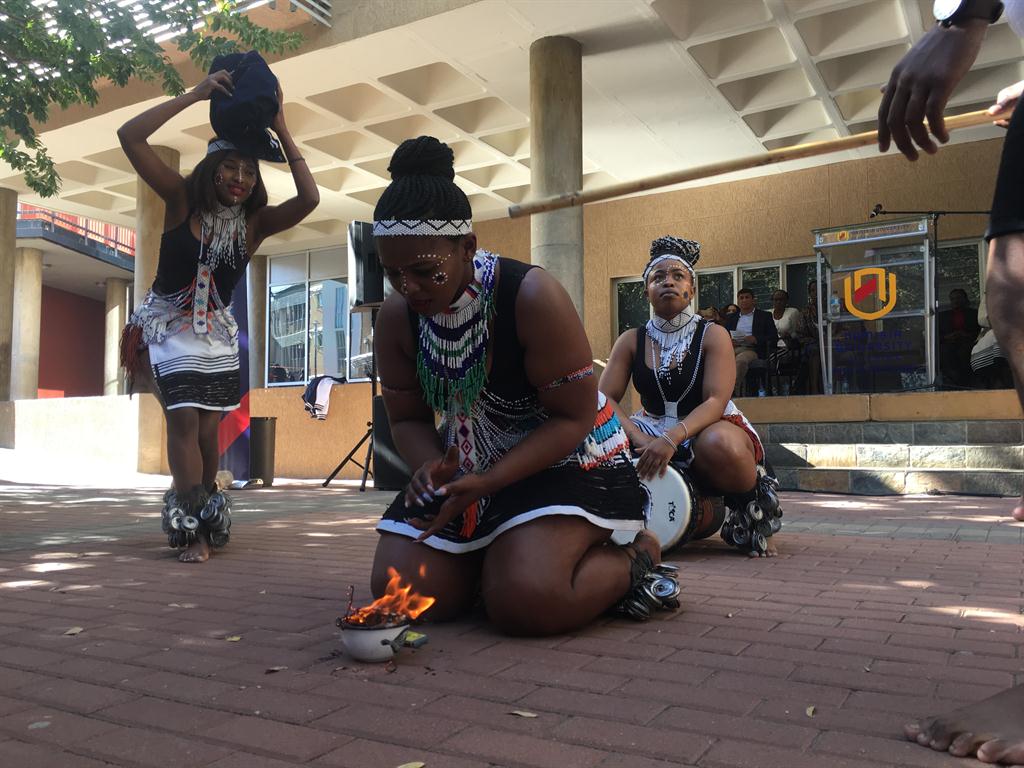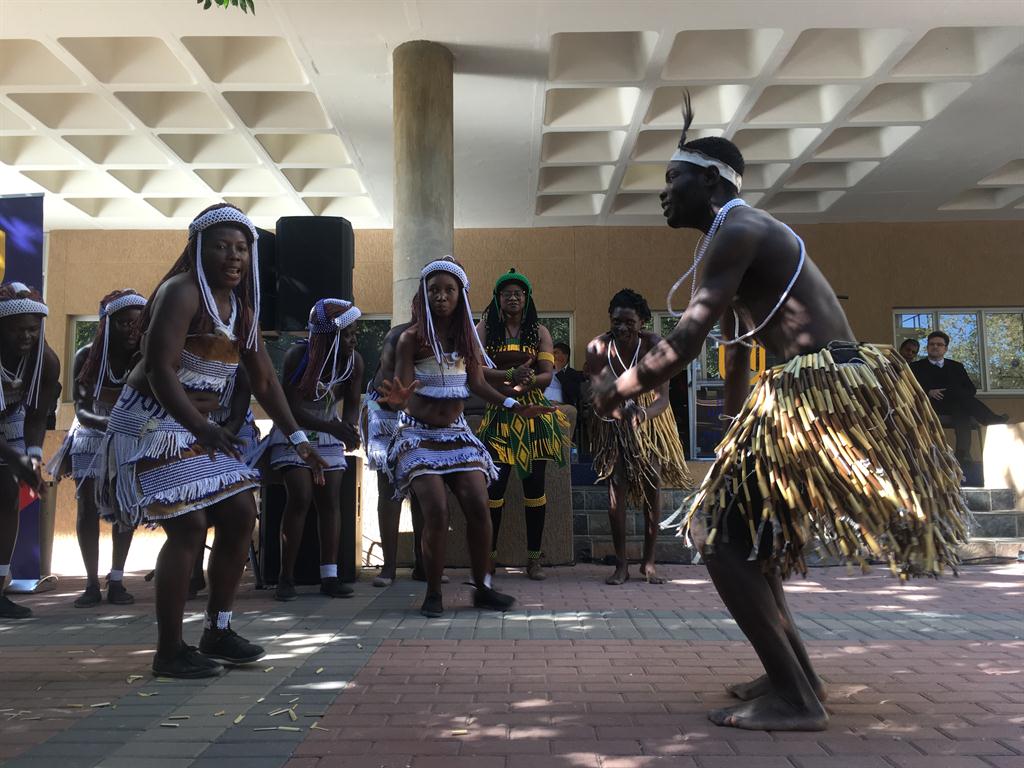One world, many cultures
Since its inception in 1995, cultural festivals at the Namibia University of Science and Technology (Nust) continue to embrace cultural differences amongst its students.
Justicia Shipena This year, under the theme ‘Preserving cultural wealth for future generations’, Namibia University of Science and Technology (Nust) hosted its 24th cultural festival from 5 to 9 August. The festivities showcased events such as a flea market, official opening, cultural performances including the Etanda Oniyondo (a traditional circumcision ritual of the Ovazemba), International Cuisine Day, music shows and potjiekos.
Speaking at the opening ceremony, Morné du Toit, acting vice-chancellor of Nust said the institution values the preservation of culture within and beyond campus.
He added that currently, through the faculty of human sciences, Nust researchers are involved in a European Union-funded project referred to as Protect, Preserve and Promote Indigenous Cultures and Languages (P3ICL).
“Through this three-year initiative, Nust researchers have been gathering data from various indigenous groups countrywide, such as the San and the Ovambadja with the aim of contributing to the preservation of indigenous cultures and languages,” he said.
Du Toit further said the researchers have begun digitising the collected cultural expressions and creating data for a repository and will further co-design contemporary cultural products, raise cultural awareness, and advocate for the integration of the three indigenous cultures under study in national policy documents and development plans.
“There will be a theatrical performance by students during this festival to showcase some of the traditional practices that have been witnessed by the team involved in this project,” he said.
He also encouraged students to develop an interest to learn about the different cultures around them.
Reading a speech on behalf of minister of sports, youth and national services, Erastus Uutoni, deputy minister Agnes Tjongarero said Namibians have a fundamental role to play in ensuring that future generations not only know, but also respect and accept, their cultural heritage.
She continued by saying that one’s culture is their wealth and if they do not preserve it, they lose their identity and without an identity, you cannot claim to have a sense of direction.
She added that there is a need to incorporate culture as a strategic element of intervention for poverty reduction and a springboard for sustainable development as highlighted by the United Nations and Africa Union instruments dealing with culture.
“The safeguarding of both our tangible and intangible cultural heritage is fundamental to our identity, however, we should be mindful that culture has the potential to reap economic benefits for our people,” she said.
She urged all Namibians to take part in their cultural activities and to uphold traditional values and customs.







Comments
My Zone
No comments have been left on this article